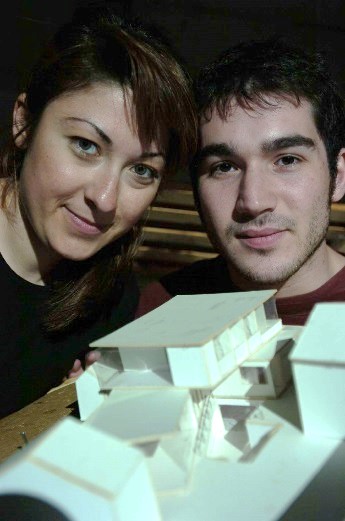Research Leadership
 This second core training strand introduces students to key features of the contemporary academic environment which they will typically need to navigate effectively if they are to become leading academics in the arts and humanities.
This second core training strand introduces students to key features of the contemporary academic environment which they will typically need to navigate effectively if they are to become leading academics in the arts and humanities.
First-year sessions in this vein include an exploration of the concepts of academic field and collaboration across disciplines, and a look at research in different international university contexts.
In the second year, a workshop on raising money and the evaluation of funding bids introduces students to different types of postdoctoral funding. This session develops insights introduced in our Methods session on research questions, and involves participants in a simulated peer-review exercise featuring genuine, anonymized fellowship applications. It is followed by a session on university working cultures and finances, which includes a discussion of REF, reflection on how institutions view research, teaching and administrative duties, and a first-hand account of working life from a University Teaching Officer.
As in our Research Methods strand, our third-year Research Leadership sessions focus on issues which are a priority for many students who are nearing the end of their PhD. In the Michaelmas Term, we run a workshop on traditional academic publishing, which addresses the question of REF research output requirements alongside broader publishing norms affecting academic careers, before demystifying the commissioning and peer review processes of learned journals and monograph collections. In the Lent Term, a complementary workshop introduces students to open access publication and open research more generally.
An additional aim of the Research Leadership strand is to explore broader aspects of what it might mean to be a leading researcher. Consequently, while most of the sessions have an academic focus, one of their guiding principles is that to be successful, academics increasingly need to develop skills which are required in other sectors too, such that lessons learned in core workshops are applicable to research work in universities and elsewhere; this principle also guides our approach to the Research Methods strand. The concern with a broader research skills agenda means that the Leadership strand also includes a first-year session on communication, and a second-year session exploring non-academic careers for PhD graduates in the arts and humanities.
Where capacity allows, the sessions in both the Research Methods and Research Leadership training strands are opened out to students beyond the AHRC DTP. Most of them centre on contributions by academic or, more rarely, administrative colleagues or guest speakers with particular expertise in the topics discussed.
Besides the involvement of close to 40 expert colleagues each year, the core training strands also recognize that a large and diverse cohort of PhD students is itself a major source of expertise. Peer-group discussion is therefore a regular feature of sessions, and we close the third-year core training programme with a combined Research Methods and Leadership session in which students devise their own ideal doctoral training programme. Where possible, we try to integrate students’ ideas in our own training provision.
